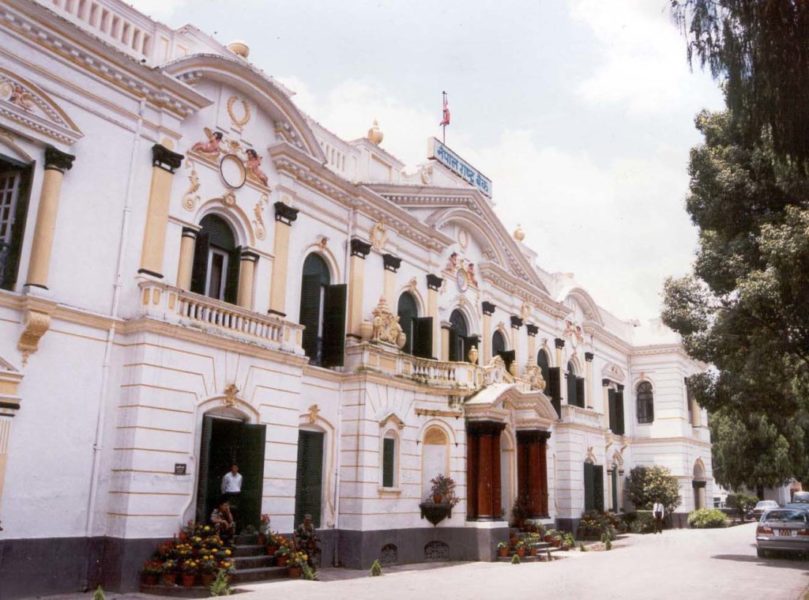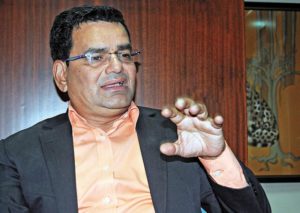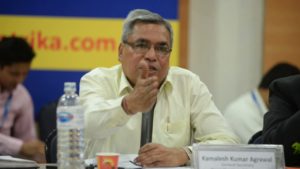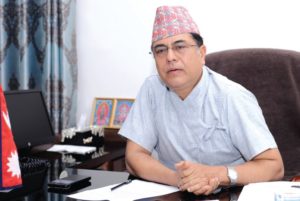Saturday 27th July 2024

At an interaction program held by the Nepal Rastra Bank (NRB) on June 12, 2018, key stakeholders of Nepal have urged the central bank to bring into play an ‘expansionary monetary policy’ for the Fiscal Year 2018-19 with the objective of boosting the country’s investment capital.
Stakeholders say that the country will need more than Rs 500 billion in the next fiscal year to meet the targeted economic growth rate of 8 percent.
Taking into perspective the targeted growth rate, they said that the suggested expansionary monetary policy will keep the money flow in the market and curb interest rates. Both of these aspects are important factors for achieving the targeted growth rate and keeping inflation within the targeted 6.5 percent.

Dhungana further asked the central bank to consider getting rid of the credit-to-core Capital Plus Deposit (CCD) ratio limitation in the banking sector through the enaction of the monetary policy explaining that liquidity could be restrained even by maintaining the Cash Reserve Ratio (CRR) and Statutory Liquid Ratio (SLR).
What Key Stakeholders Said
Private sector representatives present at the meeting encouraged NRB to address various lapses of the budget that have eaten away at the business sector through monetary policy.
“Among others, the government’s policy to scrap the VAT rebate system on different essential goods and the inability of the budget to ensure stability in interest rates in the banking sector are discouraging. The monetary policy should address these bottlenecks of doing business in Nepal,” says Shekhar Golchha, Senior Vice-President of the Federation of Nepalese Chambers of Commerce and Industry.

Kumar stressed on the need to limit interest rates within the 9 percent limit on loans in the banking sector, redefine productive & non-productive sectors and permit the usage of high-denomination Indian currency in the domestic market.
Speaking to the members, Nara Bahadur Thapa, Executive Director of NRB, said that the monetary policy for FY 2018-19 will focus on:
“The market is already witnessing inflationary pressure and it will likely increase in the next fiscal year. The monetary policy will be prepared by adopting cautious measures to control inflation,” says Thapa.

“Nepal has witnessed an economic growth rate of over 6 percent for two consecutive years despite political instability and frequent changes in government. As the country now has a stable government and the supply-demand situation is improving, the 8 percent economic growth target in 2018-19 is achievable,” says Chiranjibi.
Leave a Reply